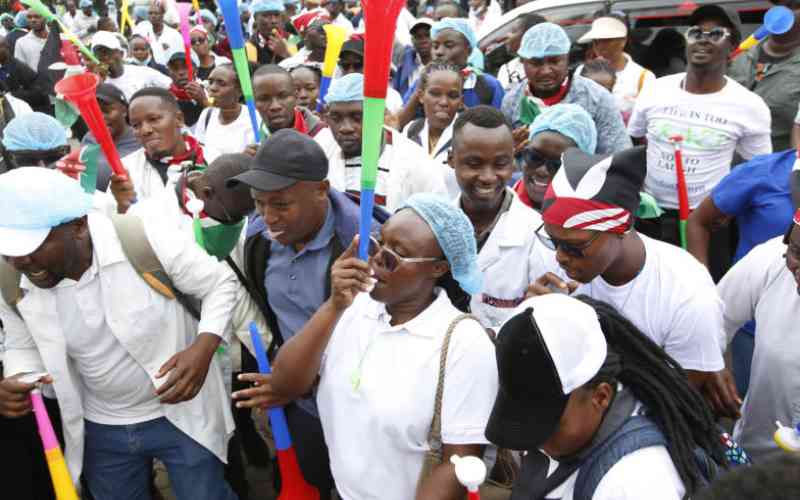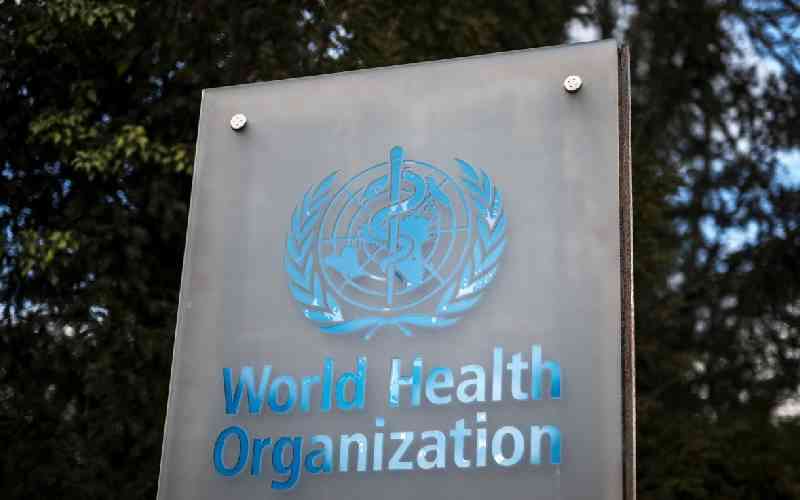
At 86 years old, despite being stooped and frail with age, Fridah Shivonje is mentally alert and very articulate.
Shivonje shot to the national limelight in 2017 following the revelation that she was the nurse who helped Mama Ngina Kenyatta deliver a baby boy at the Aga Khan hospital on October 26, 1961.
The boy, named Uhuru Muigai Kenyatta, would later become the fourth president of Kenya. It wasn't until 2017 that the nurse and the man whose arrival on earth she presided over decades earlier finally met for a tete-a-tete at State Lodge Kakamega during the ninth Mashujaa Day celebrations that were held in Kakamega County for the first time.
Facts First
Unlock bold, fearless reporting, exclusive stories, investigations, and in-depth analysis with The Standard INSiDER subscription.
Already have an account? Login
 The Standard Group Plc is a multi-media organization with investments in media
platforms spanning newspaper print
operations, television, radio broadcasting, digital and online services. The
Standard Group is recognized as a
leading multi-media house in Kenya with a key influence in matters of national
and international interest.
The Standard Group Plc is a multi-media organization with investments in media
platforms spanning newspaper print
operations, television, radio broadcasting, digital and online services. The
Standard Group is recognized as a
leading multi-media house in Kenya with a key influence in matters of national
and international interest.











